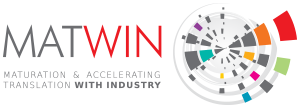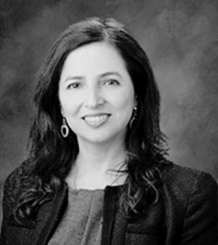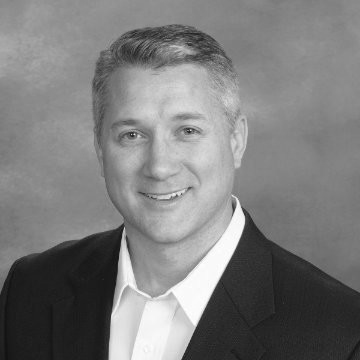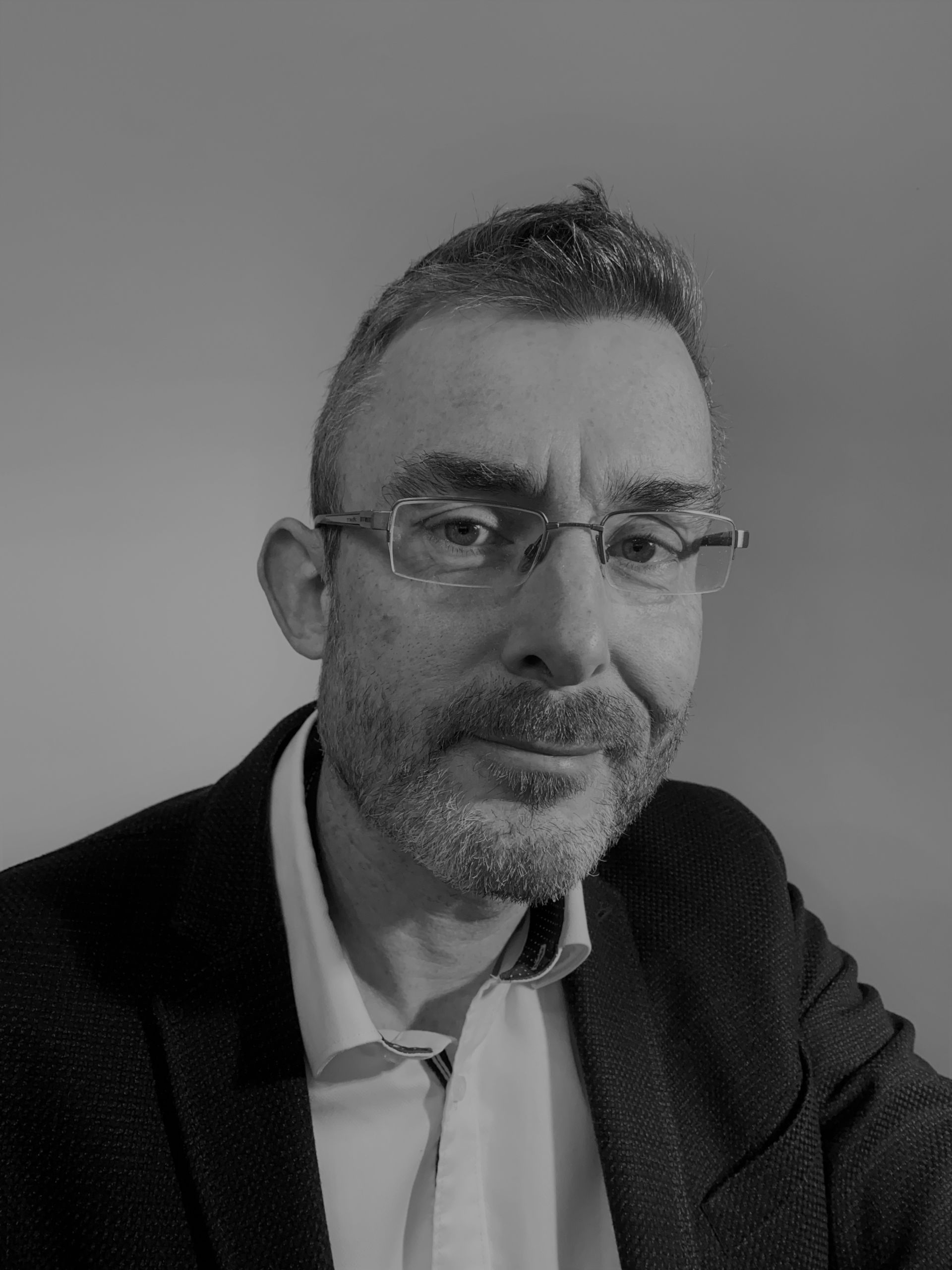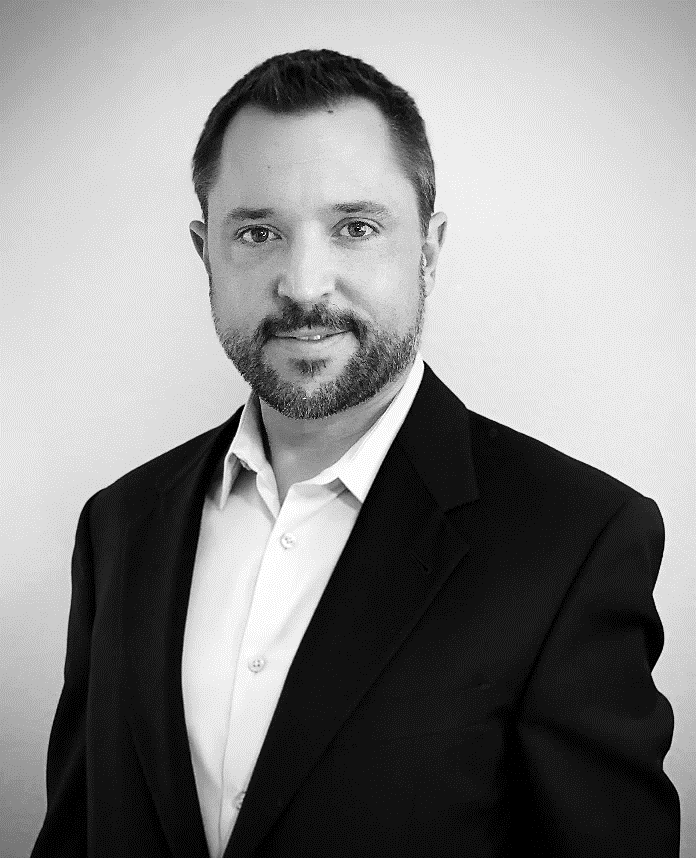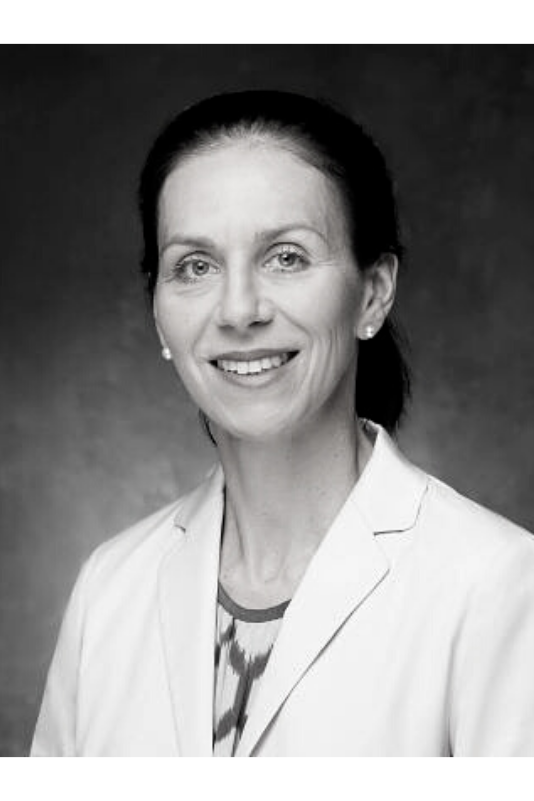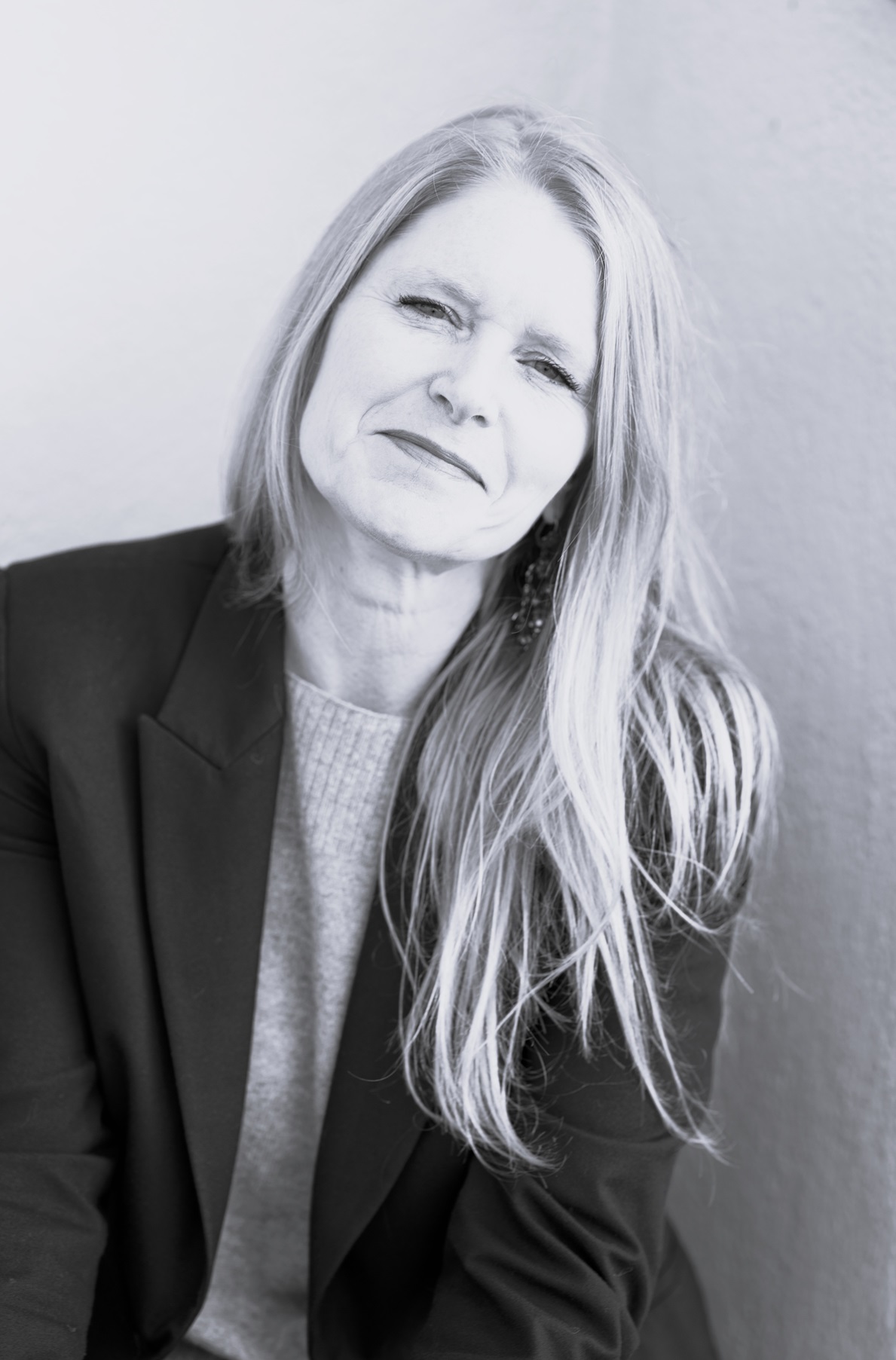MATWIN International Board is a strategic committee unique in Europe.
It gathers international industry leaders from the global oncology R&D department of MATWIN’s industrial partners and academic leaders in oncology coming from all over Europe. This unique Board interviews project leaders, provide recommendations, and label those with the highest industrial development transfer potential.
For 15 years, the Board members meet once a year to interview the best projects selected through the MATWIN process and consider prospects for collaboration.
Board composition
- International industry representatives
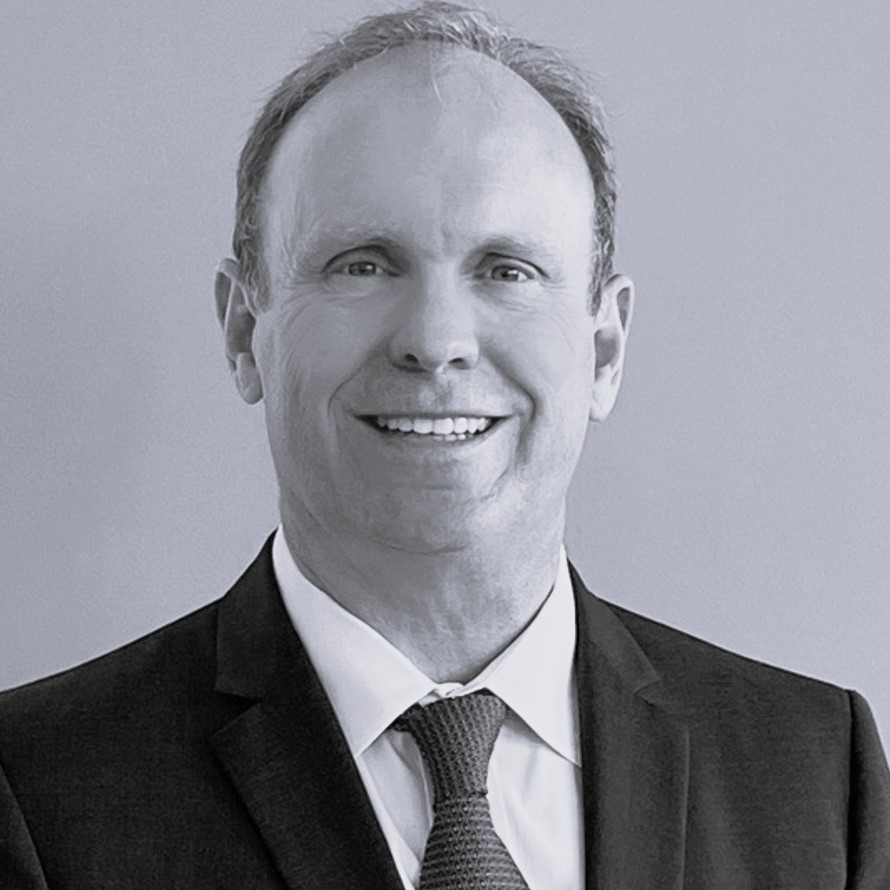
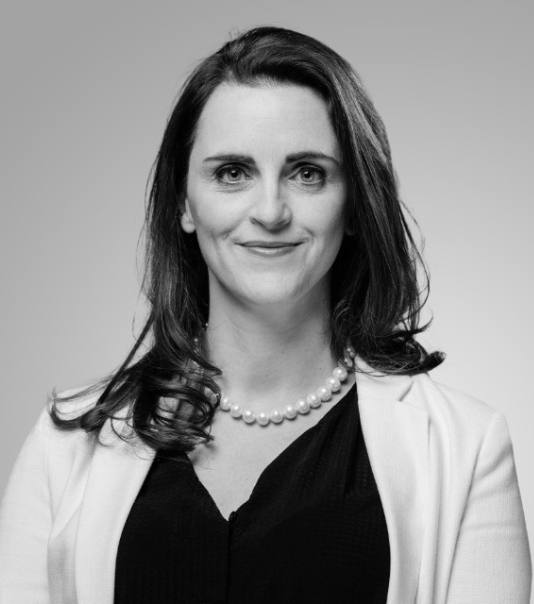
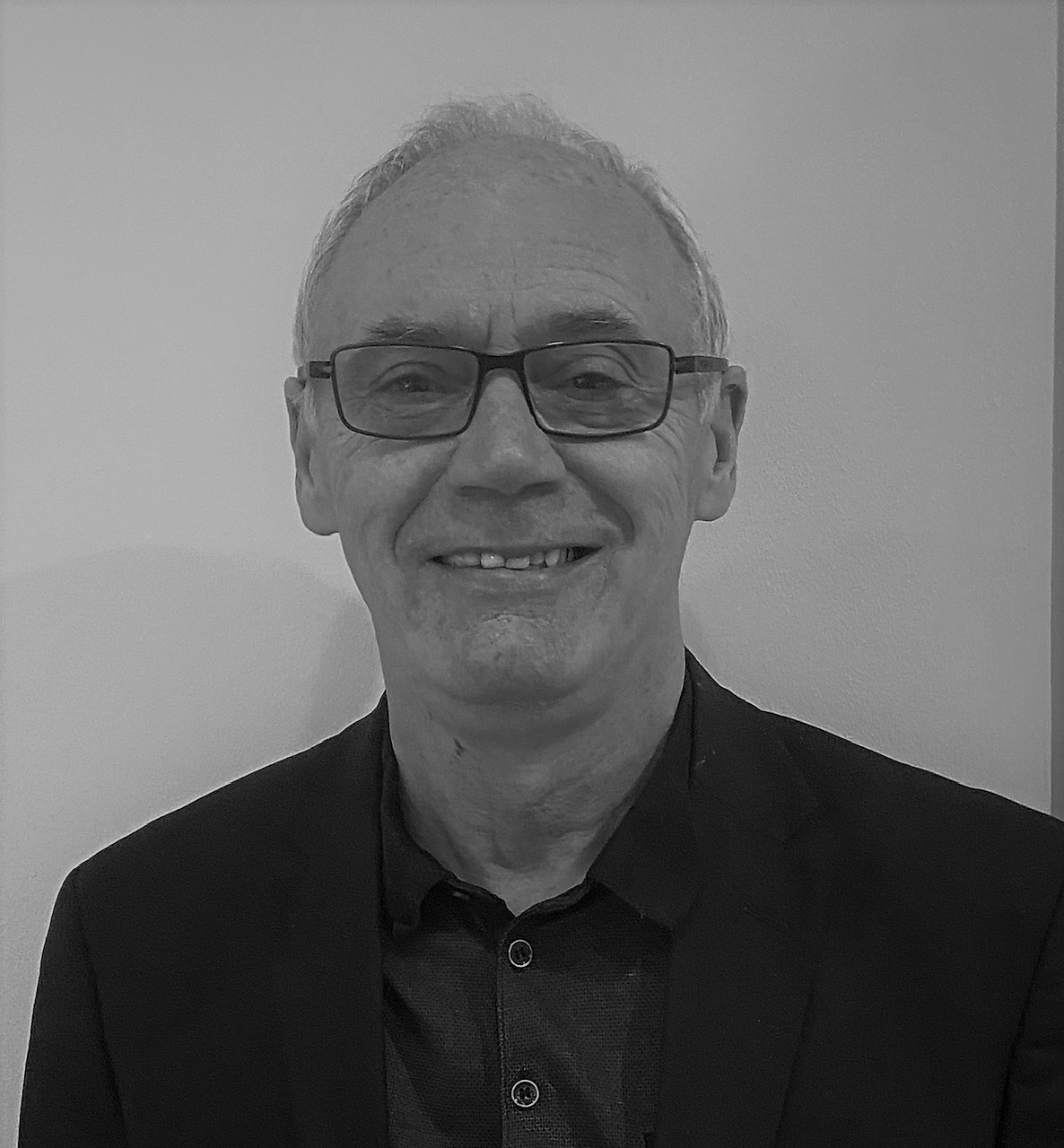

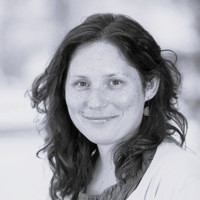
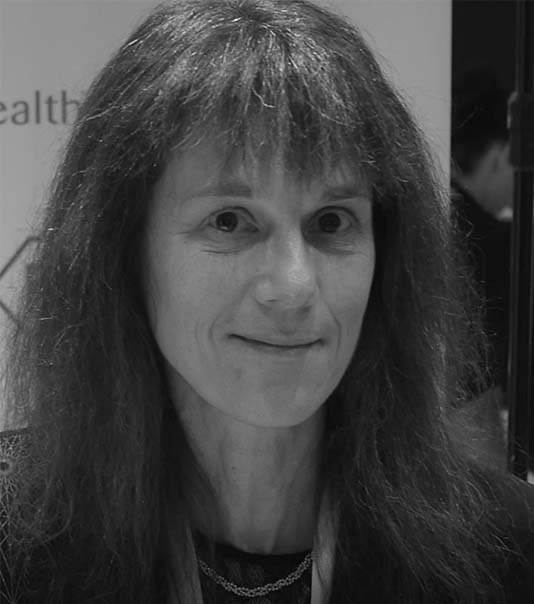
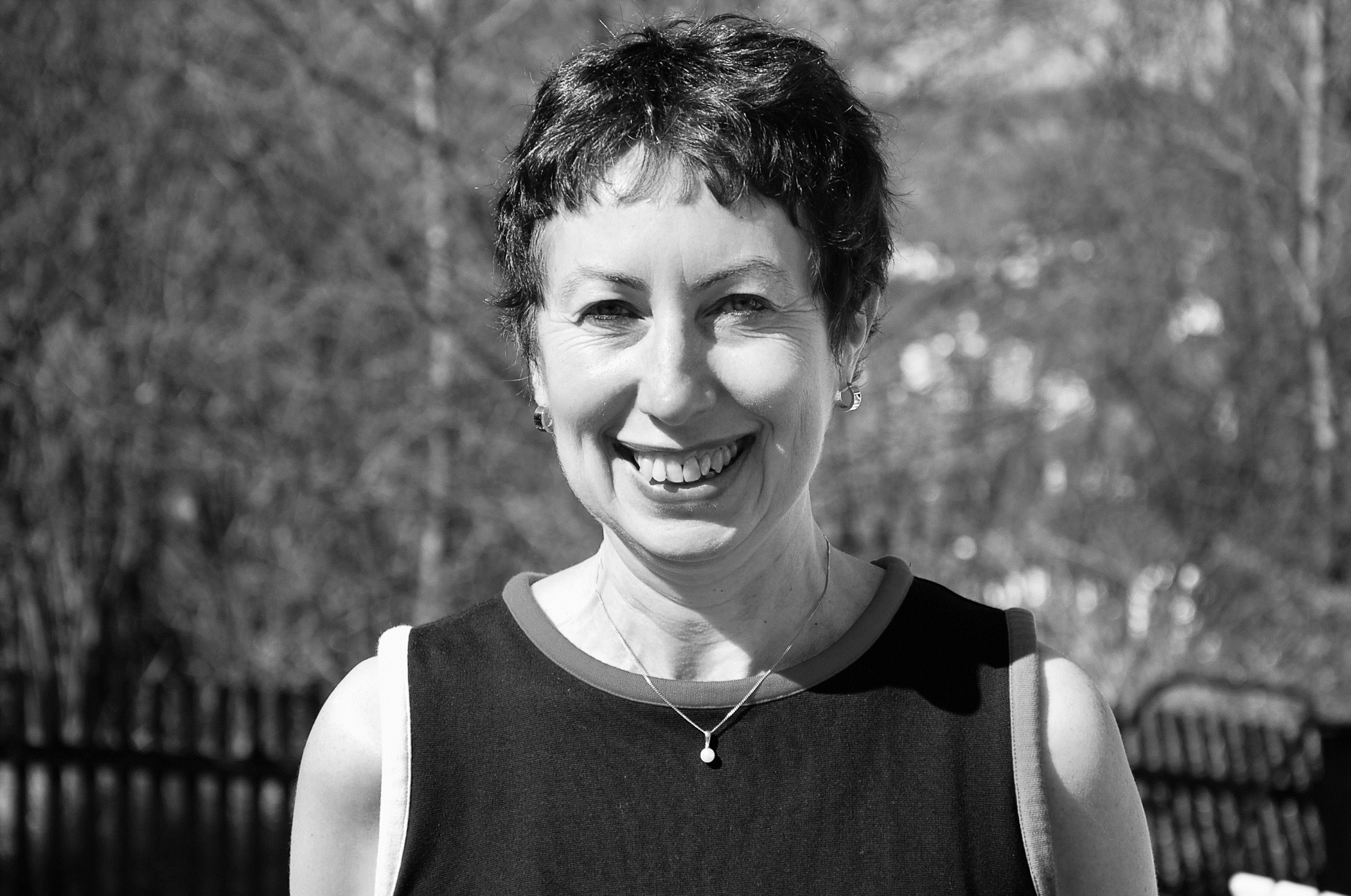
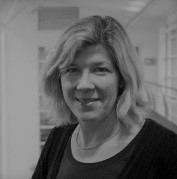
Dr. Khatereh Ahmadi has worked in the biotech/pharma industry for 18 years. She currently leads the Search and Evaluation Business Development team in Europe and Middle East at MSD and covers oncology BD&L in those territories. Previous to her role at MSD, she was a co-founder and CEO of reViral Ltd, a Phase II anti-viral company, leading a Series A round of $21M with Andera Partners and Orbimed. She played a significant role in the spin out of Piramed Ltd, an oncology company, and subsequently became head of business development culminating in a significant deal with Genentech and acquisition of Piramed by Roche. She has consulted for a number of EU and US companies in the oncology field. She obtained a PhD in biochemistry from King’s College London and held a post-doctoral position at the Ludwig Institute for Cancer Research in London working in the PI 3-kinase field. Dr. Ahmadi was awarded her MBA from Henley Management College.
Rick BAEHNER is the Chief Medical Officer for Exact Sciences Precision Oncology Business. With over 20 years of leadership experience in diagnostic development, he has helped develop several oncology-related products such as the Oncotype DX Recurrence Score, quantitative single gene reporting, the DCIS Score, Oncotype DX for colon carcinoma, the prostate GPS Score, Liquid Select – a 17 gene NGS liquid biopsy assay, OncoExTra a whole exome, transcriptome, with germ line subtraction NGS tissue assay, and OncoDetect a tumor informed molecular residual disease (MRD) assay.
Apart from his role at Exact Sciences, Rick is a professor in the Department of Pathology at the University of California, San Francisco. He is an expert in cytology, breast, and molecular pathology and directed the Hellen Diller Molecular & Immunohistochemistry Core Laboratory for over a decade.
Rick is an active member of the American Society of Clinical Oncology (ASCO), United States and Canadian Academy of Pathology (USCAP), and the College of American Pathologists (CAP), and has served on the CAP Immunohistochemistry and Technology Assessment Committees.
Rick holds a Medical Doctorate from the University of Kansas, School of Medicine, and a Bachelor of Arts in Philosophy from the same university. He completed his training at the University of California, San Francisco, and is boarded in Anatomic and Clinical Pathology. He has also completed Fellowship training programs in Surgical Pathology, Hematopathology, and Cytology.
Claire BLOOMFIELD is Senior Director, International Corporate Development at Insitro. Claire is part of the Corporate Development and Strategy team at insitro, where she leads International Corporate Development, focussed on supporting novel collaborative data partnerships.
Prior to this, she was based at the NHS England Centre for Improving Data Collaboration as the Deputy Director and SRO for the Data for R&D Programme. She oversaw development and delivery of NHS and Government investments in health data for R&D, to support the ambitions of the Life Sciences Vision and Vision for the Future of UK Clinical Research Delivery.
Before joining CIDC Claire was the CEO of the world-leading UK National Centre of Excellence for Artificial Intelligent in Medical Imaging (NCIMI), at the University of Oxford. NCIMI is a launchpad to improve the healthcare industry through the use of AI, and is supported through a combination of Innovate UK and industry support totalling over £25m. The consortium is led from the University but spans activity across the UK and involves partnerships with 14 hospitals, clinical leaders, 13 industry partners in the fields of AI and medical imaging, world-leading academic researchers in AI, imaging, data science and ethics, plus patient groups and charities.
Claire’s academic research during her DPhil and post-docs focused on neuroscience, with an interest in neuropsychiatric conditions and the neural networks involved in executive function. She held research fellowships at the University of Oxford and the University of Maryland School of Medicine.
Following her academic research career and before becoming the CEO of NCIMI, she returned to Oxford as the Head of Strategy and Innovation for Cancer Research UK Oxford Centre. This role placed her at the nexus of cancer activity within the university community and the UK overall, affording unique opportunities to work on cross-departmental and pan-divisional projects.
Jim Carmichael is currently working at Bristol Myers Squibb, in Integrative Sciences and is based in the UK. He was an academic Oncologist who joined industry in 2002 with AstraZeneca and subsequently joined Celgene as Chief Scientific Officer for the Celgene Institute Translational Research Europe (CITRE) in July 2011.
Early Medical Oncology training was at the University of Edinburgh, followed by a Fellowship at the National Cancer Institute. He held senior positions, initially at the University of Oxford, then as the Head and Chair of the Cancer Research UK Department of Clinical Oncology at the University of Nottingham.
He joined the pharmaceutical industry in 2002 joining AstraZeneca to lead the Experimental Medicine group, based at Alderley Park, Cheshire. In 2006 he moved to take up the role of Chief Medical Officer for KuDOS Pharmaceuticals, where the focus was the development of cancer drugs targeted at DNA repair and was responsible for the early clinical development of Olaparib. In 2011, he moved to Celgene to take up the position of Chief Scientific Officer at CITRE, where he built the research team from scratch and was Site Head from 2011-2019. In 2015-2017 he had a secondment to San Diego where he led the Protein Homeostasis Thematic Centre of Excellence as part of Celgene R&D. Following the Celgene acquisition in December 2019 he joined BMS as VP for Integrative Sciences, which bridges R&D with key collaborators in Industry and Academia, and is currently based in Europe.
Laurent Debussche obtained his PhD in biological chemistry at Université Pierre et Marie Curie and Institut National Agronomique Paris-Grignon. His work on Vitamin B12 biosynthesis pathway eluciadtion was recognized by Doisteau-Blustet French National Academy of Sciences in 1992. Located in Vitry Research site, he has close to 30 years experience in pharmaceutical industry. Since 1987, he has been involved in several research projects in oncology. He is VP, Head of Oncology Research Therapeutic Area at Sanofi, joined the management team of Oncology Research Department in 1998, has an extensive experience in industrial and academic project direction at national and international level, as well as in external opportunity evaluation. He contributed to entry in clinical development of several chemical and biological entities. He is co-author of more than 60 scientific publications. He is currently leading the Sanofi Oncology Research Department in Vitry.
Ken Hance has worked in the field of Cancer Immunology for 17 years and currently serves as Vice President, Research Unit Head Tumor Cell Targeting Research Unit (TCT RU) at GlaxoSmithKline. In this role, he is responsible for new target identification/validation and the delivery of critical path biology to support a growing portfolio of immune-based therapies within GSK Oncology. Within this early discovery research focus, GSK is actively collaborating with scientific organizations such as 23andMe, Immunocore and the Partnership for Accelerating Cancer Therapies (PACT), a component of the Cancer Moonshot Program. From 2016-2018, Ken held a joint appointment as a Visiting Scientist at the Wistar Institute in Philadelphia, PA. Prior to joining GSK, Ken worked in the biopharmaceutical division of Merck KGaA where he contributed to the development of the approved anti-PD-L1 antibody (Bavencio (Avelumab)) and the clinical stage anti-PD-L1/TGF-βRII bispecific antibody (Bintrafusp-alfa (M7824)). Ken received his postdoctoral training in the Laboratory of Tumor Immunology and Biology at the National Cancer Institute, a PhD from Purdue University and MPH from George Washington University.
Sasha HUHALOV is Head Oncology Search & Evaluation, Center for External Innovation at TAKEDA. Sasha has over 16 years of industry experience in both biotech and pharma driving innovation and development of cancer therapeutics. She is currently Executive Director, Head, Search and Evaluation for Oncology, Cell Therapy, and Global Biologics at Takeda within the Center for External Innovation. Prior to joining Takeda, Sasha was Head of Portfolio Assessment at Tesaro (acquired by GSK), a team which focused on interpreting the in-line strategy and external oncology landscape to identify risks and opportunities impacting the internal research, development, and global commercial strategy. Her team actively contributed to the strategies leading to approval of two oncology programs, ZEJULA and JEMPERLI, as well as a number of programs currently in late-stage clinical development. Before joining Tesaro, Sasha worked in various R&D roles at Merrimack Pharmaceuticals. Sasha completed her PhD and post-doctoral work at University College London, focusing on antibody engineering of novel cancer therapeutics.
Anna KRUCZYNSKI obtained her PhD in cellular pharmacology at Paul Sabatier University Toulouse in 1991. Then she completed her training at the National Veterinary School in Toulouse and Lyon. She started her professional carreer for Pierre Fabre in 1991 with various positions being involved in different Drug Discovery Programmes, that led to the identification and selection of four novel anticancer agents and in the setting up of a new innovative group of Experimental Oncology (Oncopôle – Toulouse). In 2016, Anna Kruczynski was appointed Director, External Innovation in Oncology for Pierre Fabre, in charge of the identification and critical analysis of external opportunities to license into Pierre Fabre pipeline.
Dr Valérie MÉRESSE NAEGELEN is Global Senior Oncology Clinical Leader, Oncology Insight, Pharma research and Early Development (pRED) at Hoffmann La Roche
Dr Méresse Naegelen has over 20 years of experience in translational research and late and early clinical development of small and large molecule compounds for various indications in oncology-hematology. She is seasoned physician scientist who joined Roche in 2002 and currently oversees all translational and clinical activities related to the in-licensing and acquisition of external assets for Roche, pRED Oncology in Basel. Under her leadership, multiple programs have entered and progressed through clinical development, some accompanied by extensive translational activities and biomarker development. Her expertise covers various stages of assets development across multiple modalities in the field of oncology-haematology.
Dr. Mark Pearson received his BA from the University of Oxford and completed his doctoral studies at the University of Manchester in 1996. Subsequently, he worked on the role of the PML-RARa fusion oncogene in regulation of p53 at the European Institute of Oncology (IEO) in Milan with Professor Pelicci.
After leaving academia, Dr Pearson joined Novartis as a laboratory head from 2001 until 2007 and returned to England to work at Astra Zeneca as an Associate Principal Scientist. Since 2010, Dr Pearson has worked within the Oncology Therapeutic Area at the Boehringer Ingelheim Vienna site, first as a Group Leader and then subsequently as a Department Head in the Cancer Cell Signalling and, as of the beginning of April 2022, in the Cancer Pharmacology and Disease Positioning Departments.
Dr. Rankin is an Executive Director in Oncology at Amgen Inc leading the Immuno-Oncology research team. In this role, he is responsible for securing strategic alignment across functions to prioritize areas of focus as well as identifying new targets and combination therapies, providing critical biological validation data packages and advancing programs through IND-enabling development. He previously served as Vice President of Research (Immuno-Oncology) at FivePrime Therapeutics from October 2019 until the acquisition of FivePrime Therapeutics by Amgen in April 2021. He held positions of increasing responsibility at FivePrime from October 2012 to September 2019, which included discovery and advancement of novel Immuno-Oncology targets and leading a multi-target discovery collaboration with Bristol Myers Squibb. Dr. Rankin joined FivePrime in 2012 from Pfizer where he led the Discovery B and T cell Targeting Group, which was focused on identifying novel therapeutic targets and modalities for the treatment of autoimmunity and inflammation. Dr. Rankin received his Ph.D. in Immunology from the University of Pennsylvania School of Medicine with a focus on understanding factors regulating T and B cell responses to both foreign and self-antigens. He performed his post-doctoral studies at DNAX/Schering-Plough in the Discovery Cytokine Biology Group.
Anette Sommer is a biochemist by training and has more than 20 years of experience in Pharma R&D. Anette is the Emerging Science & Innovation – Lead Oncology Europe at Pfizer. Prior to joining Pfizer, Anette held several positions in drug discovery at Schering AG and Bayer AG, Berlin, Germany. During her career, she moved several drug candidates for oncology into development and was involved in in-licensing, out-licensing and managing external academic alliances and consortia. Her academic career included a PostDoc at the pharmaceutical company Schering AG in Berlin, Germany. She obtained her PhD at the Medical School Hannover. Prior to this, she studied biochemistry at the Universities of Hannover (Germany) and Glasgow (UK). Anette is author of >50 scientific publications and >10 patent applications.
Viia VALGE-ARCHER is Senior Director, External R&D Scientific and Clinical Alliances at AstraZeneca. Her research interests are in tumour immunology, particularly identification of barriers to development of an effective anti-tumour immune response, and the discovery and development of novel therapeutic approaches. Viia received her PhD from MIT, where her interest in immunology was sparked studying T cell receptor signalling with Anjana Rao at the Dana Farber Cancer Institute. Following postdoc research on leukaemia oncogenes in the laboratory of Dr. Terry Rabbitts at the MRC Laboratory of Molecular Biology, she joined Cambridge Antibody Technology and has over 20 years of experience in large and small molecule pharmaceutical R&D. Viia joined AstraZeneca from MedImmune in 2016, where her current role has responsibility for initiating and supporting multiple facets of AZ engagement with the external scientific community, including collaborations, consortia and advisory panels.
- Academics / Experts - Key opinion leaders
Arthur Bertelsen is Academic Review Board member for the Starr Cancer Consortium (USA).
Arthur BERTELSEN worked for Bristol-Myers Squibb Research from 2010 to 202 as Vice President Research Collaborations. In this role, Art has overall responsibility for the management of external research collaborations.
Prior to joining BMS Art spent more than twelve years at Schering-Plough Research Institute where he was responsible for all aspects involving the formation and management of external research collaborations to discover therapeutics and integrate new technology into discovery operations. Among other accomplishments at Schering-Plough Art conceived and initiated the project that discovered a genetic marker for response to interferon-based HCV therapy. Trained as a cellular and molecular biologist, before PharmaGenics, Art led research directed toward recombinant protein discovery and development, particularly focused on post-translational modification of peptide/protein therapeutics.
Arthur Bertelsen holds an AB from Princeton University in biochemical sciences and received his MS and PhD degrees from the program for Cellular and Molecular Biology at New York University Medical Center.
Jean-Pierre BIZZARI, M.D., served as Executive Vice-President, Group Head, and Clinical Oncology Development (U.S., Europe, and Asia/Japan) at Celgene from 2008 to 2015. As a world-renowned oncology expert, he is a member of the Scientific Advisory Board of the French National Cancer Institute (INCa) and European Organization of Research and Treatment of Cancer (EORTC) and Chairman of the New Drug Advisory Committee. Mr. Bizzari is also an active board member in various biotech companies.
Bizzari joined the pharmaceutical industry in 1983 as Head of Oncology at the Institut de Recherches Internationales SERVIER (France). He then joined Rhône-Poulenc Rorer in 1993 as Vice President of Clinical Oncology, based in Paris and moved to Collegeville (PA – USA) in 1997. From 2002 until 2008, Mr. Bizzari served as Vice President of Clinical Oncology Development at Sanofi-Aventis in Malvern, PA before joining Celgene.
Jean-Pierre Bizzari holds a medical degree specialized in oncology from the University of Nice (France) and has trained successively at the Pitié-Salpêtrière hospital in Paris, at Ontario Cancer Institute, and Montreal Mac Gill Cancer Center in Canada.
Olivier HERMINE is Professeur at Paris Descartes University (France), hospital practitioner and has the scientific degree of doctor.
He is responsible of a research group studying mechanisms of hematologic malignancy or “blood cancer”. He is also the mastocytoses reference centre coordinator (CeReMast). He has received in 2011 the medical research foundation price from the “Collège de France” and in 2008 the Jean-Bernard price at the French medical Victory.
Paul MOSS is Director of Research and Knowledge Transfer at the University of Birmingham and Chairman of the Infection and Immunity Board at the Medical Research Council. He served previously as Chair of the Cancer Research UK Clinical and Translational Research Committee. He is a Clinical Haematologist with a large laboratory programme investigating immune mechanisms in cancer, transplantation and viral infection. He is the chief investigator of several clinical trials and contributes to a number of Biotech advisory Boards.
Solange Peters, MD, PhD, is a full professor and chair of medical oncology, as well as the thoracic malignancies program in the Department of Oncology at the University Hospital of Lausanne in Lausanne, Switzerland. She received both her doctorate in medicine and PhD from the University Hospital of Lausanne. After completing her clinical education in medical oncology and molecular biology in Switzerland and Italy, Prof. Peters has specialized in thoracic tumors, lung cancer, and pleural tumors.
Prof. Peters is currently in charge of teaching and patient care in thoracic malignancies at Lausanne University, where she is building a translational program in collaboration with the Swiss Federal Institute of Technology and the Ludwig Institute. Her main fields of interest are new biomarkers discovery and validation in preclinical and clinical settings, multimodality strategies for locally advanced non-small cell lung cancer (NSCLC), as well as cancer immunotherapy. Her current research projects are mainly focused on innovative immunotherapy combinations and new immunomodulating treatments across thoracic malignancies. She acts as the local principal investigator (PI) for lung trials opened at Lausanne Cancer Centre and is a co-PI of several other trials. Additionally, she acts as the scientific committee chair and Foundation Council member of the European Thoracic Oncology Platform. She was recently nominated as the Strategic Advisory Board President of Paris Saclay Cancer Cluster. She has authored more than 500 peer-reviewed manuscripts and book chapters, acts as Associate Editor of the Annals of Oncology, Deputy Editor of Lung Cancer, and serves on the editorial board of several other oncology journals. Prof. Peters is also active in the educational programs of the European Society for Medical Oncology (ESMO) – where she created the Women for Oncology Committee and for which she was the youngest President ever for an extended time of 3 years 2020-2022, and the International Association for the Study of Lung Cancer (IASLC) – were she was a previous Board of Directors member.
Pedro ROMERO obtained his MD at the School of Medicine of the National University of Colombia in Bogota. Then he performed experimental work in the field of immunology of malaria and participated in the development of malaria vaccines, initially at the Institute of Immunology, Faculty of Medicine, National University of Colombia in Bogota and then as a postdoctoral fellow at the Department of Medical and Molecular Parasitology, New York University School of Medicine. He joined the Lausanne branch of the Ludwig Institute for Cancer Research in 1989. He is currently a Member of the Ludwig Center for Cancer Research, is the head of the Translational Tumor Immunology Group at the Ludwig Center and Director of the Division of Fundamental Oncology at the Lausanne University Hospital. He was named Ordinary Professor at the Faculty of Biology and Medicine January 2011. He has been actively involved in pre-clinical and translational research in tumor immunology and immunotherapy. His main interests focus on the study of tumor antigens, human T cell responses and development of immunotherapy of cancer. Dr. Romero has co-authored over 250 publications in peer-reviewed journals and serves as editor in various biomedical journals, including Editor-in-Chief of the Journal for Immunotherapy of Cancer.
